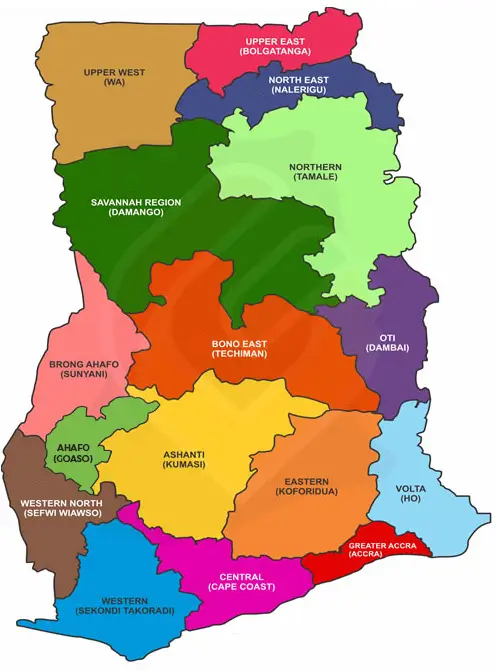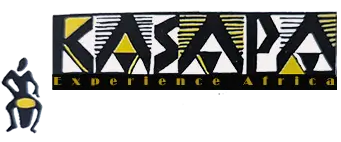Ghana and its heritage – Gold Coast, Ashanti Empire, pioneer of decolonization
Today’s Ghana appears to visitors as an emerging developing country with a stable democracy and an open-minded population that is confidently making the difficult transition to modernity – in restless cities and remote rural areas, with many everyday worries and a never-ending zest for life.
At the same time, Ghana is more strongly influenced by its pre-colonial history and the traditions associated with it than many African states : For almost 200 years, the powerful Ashanti kings ruled over an empire that, at its greatest extent, was largely identical to the present-day territory of the country and was only subjugated by the British at the end of the 19th century.
Even today, Ashanti kings and other chiefs embody traditional community values and traditions; more than in other African countries, they contribute to the stable cohesion of society. Traditional Ashanti symbols and handicraft objects—for example, the brass figures and beads of the old gold trade or the colorful woven patterns of the famous Kente cloth—are present everywhere in modern Ghana, and with a little luck, one might even witness a ceremonial public appearance by traditional dignitaries.
For centuries, contact with European powers was characterized by trade in gold, ivory, tropical spices, and timber. The slave trade also left its mark on Ghana’s famous “castles.” In 1956, the country became the first state south of the Sahara to achieve independence .
In terms of landscape, Ghana offers visitors an impressive kaleidoscope: wide palm-lined beaches, rainforest zones, mountainous regions and extensive dry savannahs – Africa’s diversity in one country.
Ghana is trying to develop tourism as a source of income, but the country’s tourism development is still in its infancy. Locals almost always greet foreigners with curious openness and friendliness.
Would you like some more statistics?
Geographical location: Ghana lies close to the equator, between 4.5 and 11 degrees north latitude. With an area of almost 240,000 square meters, it is roughly the size of the former Federal Republic of Germany before reunification. The capital, Accra, is located in the south on the Atlantic coast.
Population: Over 99% of Ghana’s approximately 21 million people are Black Africans, divided into 50 tribes and 70 different languages. The main tribes are the Akan (44%), the Mole-Dagomba (16%), the Ewe (13%), and the Ga (8%). 70% of the population speaks an Akan dialect; however, the official language is English.
Economy: Ghana is rich in natural resources but has little industry. It exports almost exclusively raw materials (gold, timber, rubber) and agricultural products (especially cocoa). 55% of Ghanaians earn their living from agriculture and fishing. The trend toward rural exodus is strong; over 30% of Ghanaians already live in cities.

